As part of our blog series highlighting projects within the University which have been supported by the Equality, Diversity and Inclusion Fund (EDIF), I spoke to Dr Ann Fitchett, who came up with the idea of Sweetening the Message.
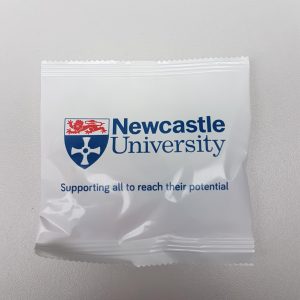
Sweetening the Message aims to raise awareness of Equality, Diversity and Inclusion, across our Faculty and the wider University. Packets of jellybeans displaying the message “supporting all to reach their potential”, have been distributed throughout the University.
Thanks to the EDI Fund, Sweetening the Message received £5000 to buy 5,000 packets of jellybeans!
The idea came from Stonewall, when Newcastle signed up as a Stonewall Global Champion back in 2016. When representatives from Stonewall came to Newcastle, they handed out packets of sweets with a message about their work attached, to raise awareness about what they were doing.
Dr Ann Fitchett, who is responsible for the Faculty’s engagement and outreach, alongside Dr Tom Smulders, the Chair of the Equality and Diversity Committee of the Institute of Neuroscience, embraced Stonewall’s sweet idea.
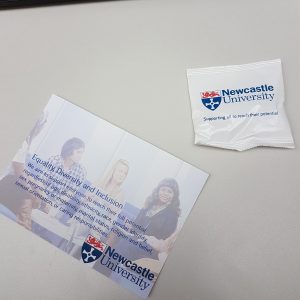
Sweetening the Message will help spread the message of support, and the ambition both FMS and Newcastle University have to support all students and staff in reaching their full potential.
Keep an eye out for students handing out jellybeans around the Faculty and campus soon!
If you’re a student or a member of staff at Newcastle University and you think you’ve got a great idea for a project to promote engagement with the EDI agenda at the University, click here to find out more about EDIF, or email us at FMS.Diversity@ncl.ac.uk Funding closes on the 23rd November, so hurry up!

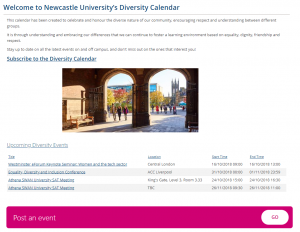
 It’s that time of year again!
It’s that time of year again!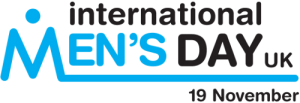

 Prof Banks is an A&E doctor and a GP. He’s also the BMA’S official spokesman on men’s health issues, president of the European Men’s Health Forum and former president of the England & Wales Men’s Health Forum. He has written numerous books, including the Haynes Workshop Manuals on men, women, babies, and sex, and he was the Medical Editor for The Men’s Health Magazine for six years.
Prof Banks is an A&E doctor and a GP. He’s also the BMA’S official spokesman on men’s health issues, president of the European Men’s Health Forum and former president of the England & Wales Men’s Health Forum. He has written numerous books, including the Haynes Workshop Manuals on men, women, babies, and sex, and he was the Medical Editor for The Men’s Health Magazine for six years.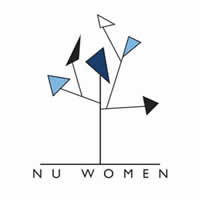 NU Women Professors’ Network (NUWPN) is open to all women professors who work at the university and was set up in 2015. The network operates as a mostly online forum where they circulate events of interest, discuss aspects of university life, and input into policy development through responses to consultations and organising meetings with key staff. NUWPN is part of the NU Women’s Network.
NU Women Professors’ Network (NUWPN) is open to all women professors who work at the university and was set up in 2015. The network operates as a mostly online forum where they circulate events of interest, discuss aspects of university life, and input into policy development through responses to consultations and organising meetings with key staff. NUWPN is part of the NU Women’s Network. 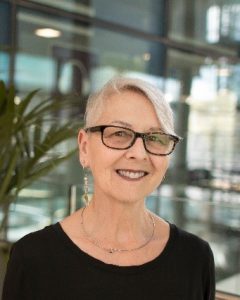 Why did you decide to get involved?
Why did you decide to get involved?